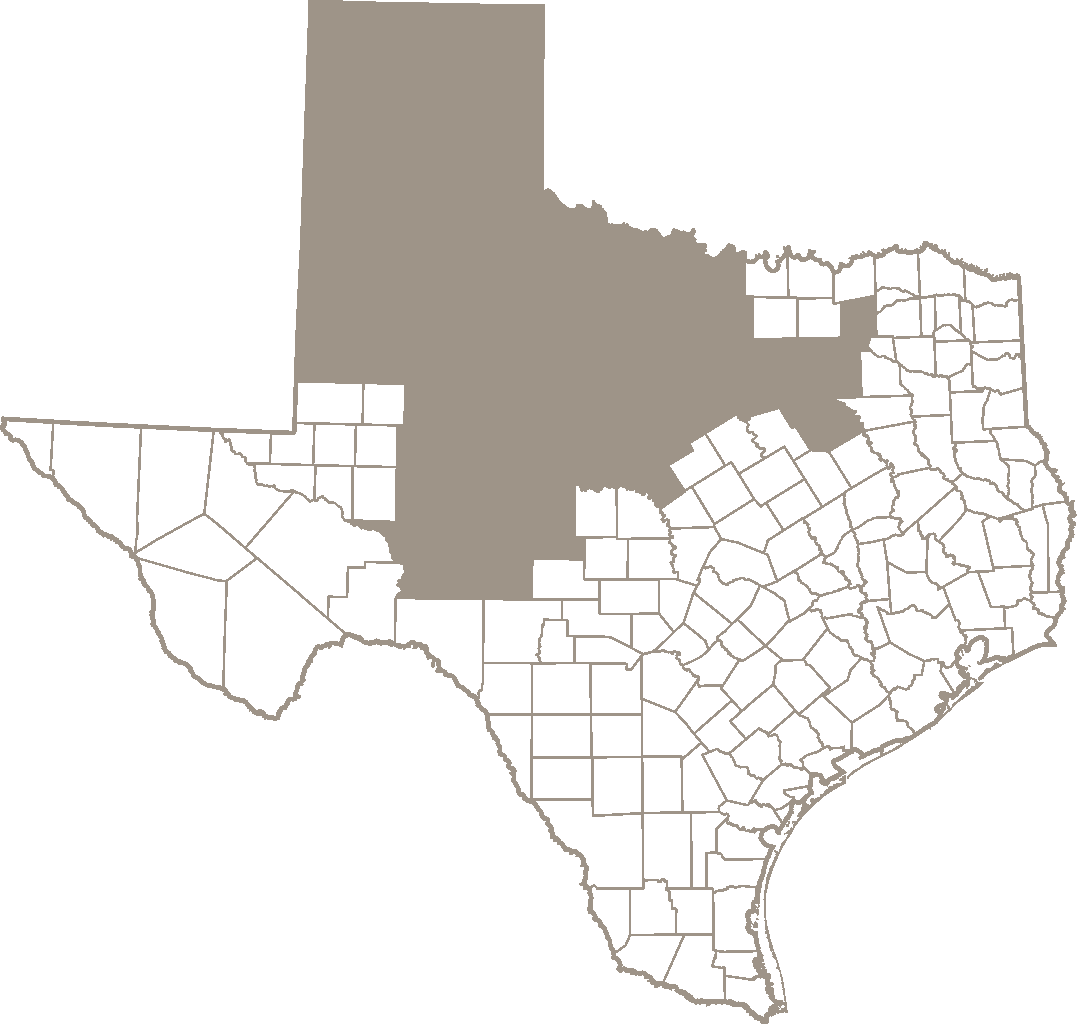Pro Bono FAQs
You are here
-
What is the purpose of the Pro Bono Civil Panel ("PBCP")?
The PBCP furthers the administration of justice in two ways. First, it provides judges with a list of attorneys who are willing and able to provide legal assistance in civil matters to pro se litigants who cannot afford counsel. Second, it gives lawyers opportunities to gain valuable litigation experience by appearing in court for hearings and trials in a wide range of cases, including employment discrimination, civil rights, and a variety of diversity jurisdiction cases.
-
Where do the volunteers come from? Is there a formal application process? What about experience?
Panel volunteers consist of individuals and law firms from throughout the Northern District of Texas. No federal litigation experience is necessary for admission to the panel. To apply, use the pro bono registration form available on the court's website.
-
What obligations do PBCP volunteers assume by signing up for the panel? Do you have to accept every case appointment?
Upon notification of a potential appointment, a PBCP volunteer may decline to accept the appointment for a variety of reasons, including, but not limited to: a conflict of interest, a recent appointment, or a busy work schedule.
-
How are cases assigned?
Generally, a PBCP appointment will be handled by a magistrate judge on reference by a district judge. An appointment to represent a pro se litigant will be made only after a judge has determined, based upon a review of the facts, that the case has some merit. This often occurs after a summary judgment motion is filed and it appears that the case will proceed to trial.
-
What types of cases are assigned?
The types of cases assigned include claims of employment discrimination, prisoner and nonprisoner civil rights violations, breach of contract, and other diversity and federal question jurisdiction cases. At times, a judge will appoint counsel for short-term help. For example, an appointment may be made to help a pro se litigant evaluate a case before mediation and discovery, to assist during mediation, or to respond to a motion for summary judgment or a motion for default judgment.
-
How often will a case be assigned to a panel member?
Unless a panel member requests otherwise, no panel member should be called upon to handle more than two cases per year. A record of each appointment will be kept by the U.S. District Clerk's Office to enable the court to determine which individuals and law firms have been appointed so as to avoid overburdening any of the PBCP volunteers.
-
How much of a time commitment is involved? Do panel members have a say about scheduling?
The time commitment required is driven by the type of assignment given by the court. Advice in evaluating a case will take much less time than conducting discovery, responding to motions, and representing a client through a jury trial.
-
What about fees and expenses?
A PBCP member should take a case without an expectation of compensation. Nonetheless, the court’s Plan for the Reimbursement of Attorney Expenses in Civil Cases ("plan") under Miscellaneous Order No. 16 allows for reimbursement of certain expenses and attorney’s fees. The maximum that may be reimbursed for expenses is $3,500, and the maximum that may be paid for fees is $1,000. A copy of the plan is available on the court's website and in the District Clerk's Office.
-
What resources are available to panel members?
1. Attorney Mentors
Dallas Volunteer Attorney Program ("DVAP"), DVAP attorneys are available to answer questions. Call Michelle M. Alden, Managing Attorney at 214-748-1234 ext. 2234.
Professors Mary Spector and Maureen Armour at the Southern Methodist University Civil Clinic are also available to answer questions, particularly in civil rights consumer debt collection cases. They can be reached at 214-768-2578.
2. Mediators
Jerry Grissom of JAMS/Endispute has volunteered to mediate some civil rights cases. He can be reached at 214-827-7841.
3. Court Reporters
A number of court reporters are willing to do pro bono work through the Texas Court Reporters' Association Pro Bono Project. Most prefer not to be used for an entire day. Dale Guedry is the contact for the Texas Court Reporters’ Association Pro Bono Project. He can be reached at 972-669-4080.
4. Training
Training opportunities for PBCP members will be announced periodically via e-mail and on the court's website.
-
Is there anyone available to answer questions about the program?
Yes. The Federal Bar Association's liaison to the Pro Bono Civil Panel is Cort Thomas. He may reached by telephone at 214-367-6094 or by email at cort@brownfoxlaw.com.

